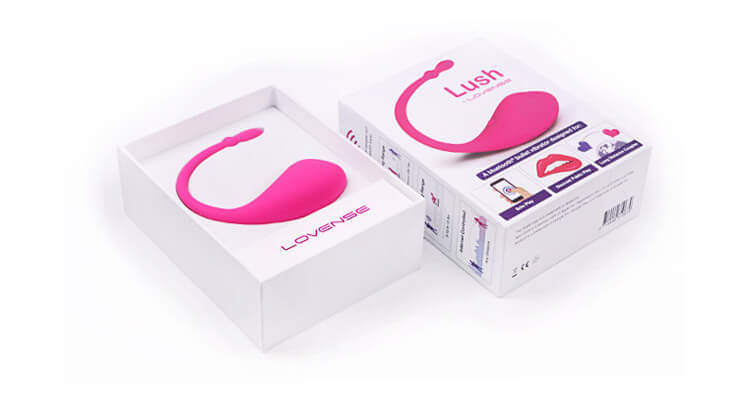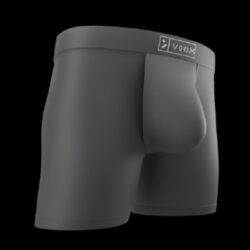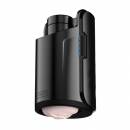Wiretapping Class Action Against Sex Toy Company Lovense Moves Forward
The popular brand finds itself in legal hot water for collecting intimate data.

A class-action lawsuit against Hong Kong-based sex toy manufacturer Lovense will continue after a ruling by a California judge earlier this month.
Hytto Ltd., the company behind Lovense, is facing allegations of violating the US Wiretap Act by collecting intimate data from users of its remote-operated Lush vibrator. Hytto Ltd. had previously claimed it was not subject to the US act because its headquarters are in China.
However, the presiding judge disagreed, stating:
“Hytto was aware of its significant American customer base. By intercepting the transmissions of Body Chat app users, Hytto targeted its wrongful conduct at customers, some of whom Hytto knew, at least constructively, were residents of the U.S.”
A violation of privacy
Like many Bluetooth-enabled sex tech devices, Lush can be connected via Bluetooth, through the company’s proprietary Body Chat app. This enables users to control their own, or their partner’s, sensations—or pair two of the vibrators together.
The lawsuit claims that Hytto has been surreptitiously monitoring a wide range of their users’ personal data, such as time and date of the device being used, the intensity and frequency, and then storing the data on their servers—all without informing their customers that they were doing so.
The wiretap act in action
The complaint, which was filed anonymously, argues that by doing this Hytto broke the Wiretap act. In essence, the law is in place to stop companies and individuals from illegally accessing various forms of digital communication.
The law, though, does allow for data collected as part of the communication process, such as that for calls and emails.
However, Judge Jeffrey White deemed the Lush vibrator has been collecting much more personal information that violates the wiretap law. He stated:
“Individuals, of course, communicate by touch all the time. This desired strength, or vibration intensity, is not ‘incidental’ to the communication occurring between the apps and, by extension, between the humans operating each app; it is the very essence of this particular type of touch-based communication.”
After allowing the possibility of also adding state privacy violations to the lawsuit, the judge has given the anonymous plaintiff until June 14 to modify the suit.
Not the first time this has happened

This is not the first time a sex tech manufacturer has been sued for violating user privacy.
In March 2018, Canada-based Standard Innovation agreed to a 3.7-million settlement after being accused of collecting personal data from We-Vibe vibrator users.
We-Vibe’s problems can be traced back to 2016 when at the hacker convention DEF CON it was revealed that the device and its companion app were very easily accessed without permission. However, the company’s major legal headache came in 2018 when it was sued by a Chicago woman for illegally tracking her use of the We-Vibe.
It’s not clear whether We-Vibe’s settlement will be brought up in this case against Hytto, but the similarities are striking—and perhaps do not bode well for the Chinese company.
Privacy is not an afterthought
One thing this latest suit shows is that sex tech developers really need to step up their game when it comes to respecting their customer’s privacy.
If it takes more and more lawsuits, and more and more settlements, to make them treat this subject seriously then so be it. But here’s hoping that this new case, as well as the one involving We-Vibe, will be enough for them to realize that sexual consent is not limited to the bedroom.
Image sources: Lovense, Stock Catalog
Leave a reply
You must be logged in to post a comment.

















